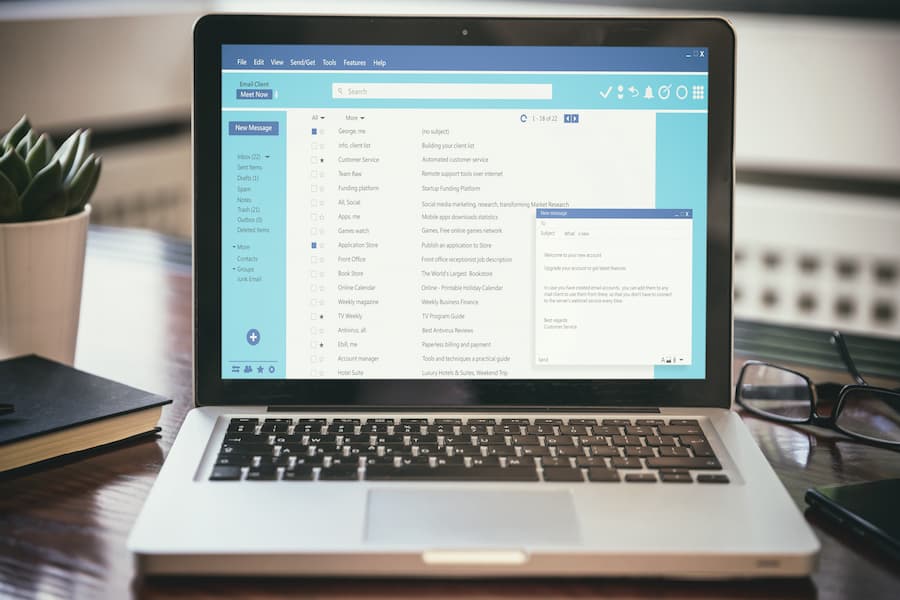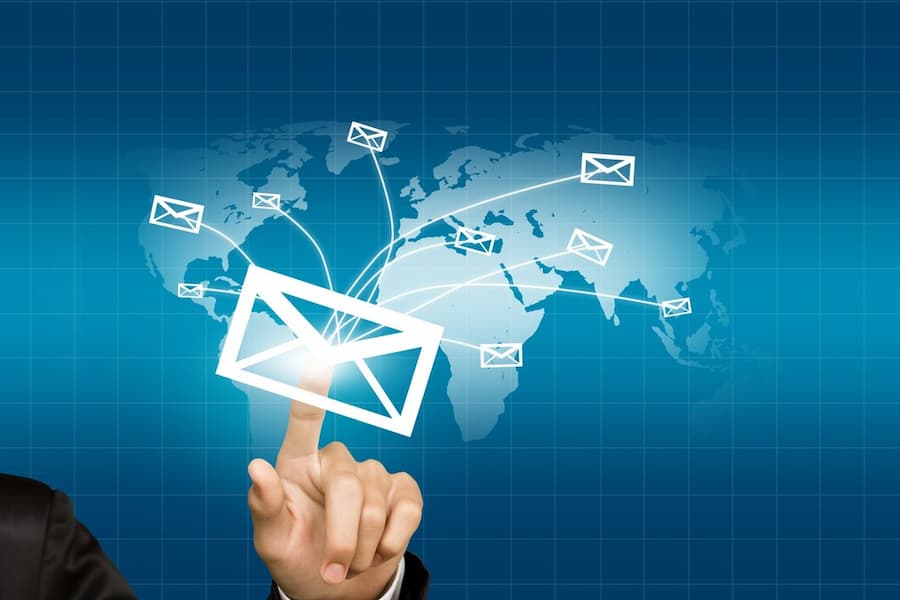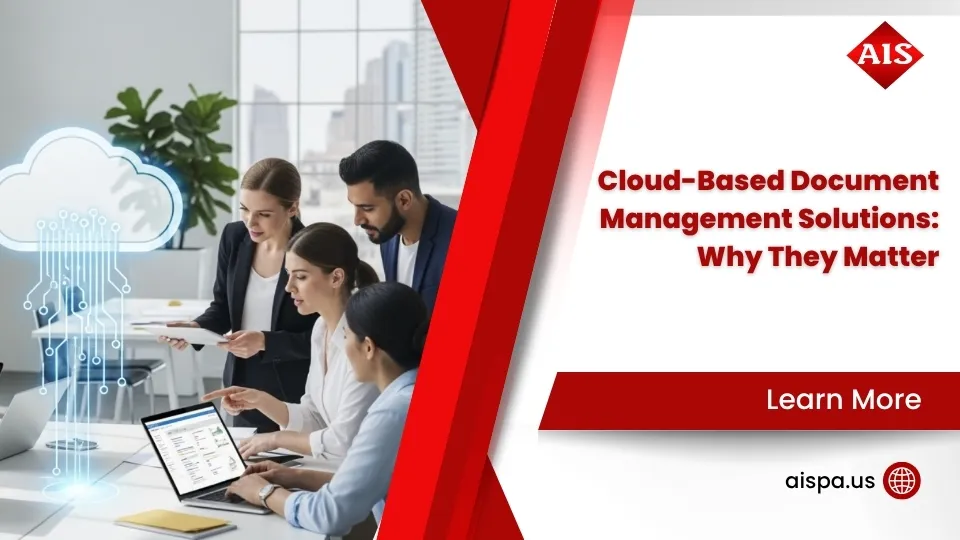What is email continuity – Definition Brands and Comparison
What is email continuity?
Ever felt problem when your email system goes down? It’s not just a minor inconvenience – email continuity is a critical concern for businesses that rely on smooth communication. Imagine important deals stalling, customer inquiries going unanswered, and internal collaboration grinding to a halt. These are just a few consequences of email downtime.
Fortunately, business continuity plans can be bolstered with email continuity services. These solutions act as a safety net, ensuring uninterrupted email flow even during outages. Whether it’s planned maintenance, unexpected technical glitches, or even malicious cyberattacks, email continuity keeps your communication channels open. There are various types of email continuity services available, each with its own set of features and functionalities. Let’s delve deeper and understand how email continuity safeguards your business from the perils of email downtime.
Understanding Email Continuity
The Problem – Email Downtime
Disruptions to your email server can stem from a multitude of factors. Scheduled maintenance for upgrades or system improvements can cause temporary outages. Technical glitches, like hardware malfunctions or software bugs, can also throw a wrench into your email operations. Email security threats, such as malware attacks or phishing attempts, can potentially cripple your entire email system.

The ramifications of email downtime can be significant. Lost productivity translates to lost revenue. Delayed responses to customer inquiries can damage your reputation and lead to dissatisfaction. Business continuity plans are rendered ineffective if critical communication channels are severed.
In other words, email downtime is a recipe for business disruption. Thankfully, email continuity services offer a powerful solution.
The Solution – Email Continuity Explained
Email continuity is a strategic approach that guarantees uninterrupted access to email functionalities during outages. Email continuity services typically employ a failover mechanism, seamlessly redirecting email traffic to a secondary server or cloud-based platform when your primary mail server experiences issues. This ensures that emails continue to flow both inbound and outbound, minimizing disruptions to your communication.
Beyond failover, email continuity services often provide a range of additional features to enhance your communication resilience. These can include:
- Backup mailboxes: Secure repositories that store copies of your emails, ensuring data is not lost even in the event of a catastrophic server failure.
- Temporary email addresses: Allow users to send and receive emails even when their primary email addresses are inaccessible.
- Spam and malware filtering: Maintain robust email security during outages, protecting your users from malicious content.
By implementing a comprehensive email service, you equip your business with the tools to weather any email storm. The Disaster Recovery Institute International (DRII) offers valuable resources on crafting effective business continuity plans, and the Cloud Security Alliance (CSA) promotes best practices for secure cloud-based solutions, which are often a cornerstone of email continuity services.
Benefits of Email Continuity
Imagine a scenario where your email server goes offline. Employees are left scrambling, unable to send and receive email. Critical business operations grind to a halt. Customer inquiries go unanswered, fostering frustration and potentially damaging your reputation. This is the harsh reality of email downtime. Thankfully, email continuity services offer a robust shield, safeguarding your business from these disruptions and delivering a multitude of benefits:
-
Enhanced Business Resilience: Email continuity acts as a cornerstone of a strong business continuity plan. By ensuring uninterrupted access to email even during outages, email continuity empowers your business to weather unforeseen storms. Disruptions become mere inconveniences, not business-crippling events.
-
Improved Productivity: Downtime translates to lost productivity. Employees left without access to email struggle to collaborate, complete tasks, and stay on top of deadlines. Email continuity minimizes these disruptions, allowing your team to remain productive and focused, even when the email server experiences an outage.
-
Increased Customer Satisfaction: Timely communication is paramount for fostering positive customer relationships. Email continuity ensures you can maintain uninterrupted communication with customers, even during outages. This minimizes frustration and allows you to address inquiries promptly, leading to a more positive customer experience.
Types of Email Continuity Solutions
The email continuity landscape offers two primary solutions, each catering to different needs and preferences:

Cloud-based Email Continuity
Cloud-based email continuity solutions leverage the power of the cloud to provide a robust safety net for your email infrastructure. These solutions typically operate by replicating your emails to a secure, offsite server located in geographically dispersed data centers around the globe. This redundancy ensures that even if your primary email server experiences an outage, your emails remain safe and accessible.
The advantages of cloud-based email continuity are numerous. Scalability is a major benefit – these solutions can easily adapt to accommodate growing businesses and fluctuating email volumes. Additionally, cloud-based solutions are often more cost-effective compared to on-premises alternatives, as they eliminate the need for additional hardware and software investment. Perhaps the biggest perk is ease of use. Cloud-based solutions typically require minimal setup and ongoing maintenance, freeing up your IT resources to focus on other critical tasks.
Some of the leading cloud-based email continuity providers include Google Workspace for Business Continuity and Microsoft 365 Business Continuity. These solutions seamlessly integrate with existing Google Workspace and Microsoft 365 environments, offering a user-friendly and familiar experience for your team.
On-premises Email Continuity
On-premises email continuity solutions take a different approach. They involve setting up a secondary email server on-site, functioning as a backup in case your primary server goes offline. This method offers greater control over your email data and can be appealing to organizations with strict data security requirements.
However, on-premises solutions come with their own set of considerations. Hardware costs can be significant, as you’ll need to invest in additional servers and related infrastructure. Additionally, ongoing maintenance becomes an essential responsibility for your IT team. While offering more control, on-premises solutions can be costly and complex to manage compared to their cloud-based counterparts.
Ultimately, the choice between cloud-based and on-premises email continuity depends on your specific needs and priorities. Cloud solutions offer ease of use, scalability, and cost-effectiveness, while on-premises solutions provide greater control over your data. Carefully weigh the pros and cons to determine the best fit for your organization.
It’s important to note that some email continuity services offer a hybrid approach, combining elements of both cloud and on-premises solutions. This can be a great option for businesses seeking a balance between control and convenience.
Remember, email continuity is an essential business continuity plan component. Don’t wait for an email outage to disrupt your operations. Explore the different email continuity solutions available and choose the one that best safeguards your critical email communication.
Implementing Email Continuity
Safeguarding your business from email downtime requires a proactive approach. Implementing a reliable email continuity solution is akin to building a safety net for your critical email communication. The process typically involves three key stages:
-
Needs Assessment: The first step is to thoroughly assess your organization’s email infrastructure and communication needs. How many users rely on email for daily operations? What level of data security is paramount? Understanding these needs will guide you in selecting the most suitable email continuity solution.
-
Vendor Selection: The email continuity market offers a diverse range of providers, each boasting unique features and functionalities. Conduct thorough research, comparing solutions based on your needs assessment. Consider factors like scalability, security features, ease of use, and of course, cost. Don’t hesitate to request free trials or demos to gain firsthand experience with different platforms.
-
Solution Configuration: Once you’ve chosen the champion among email continuity providers, it’s time for configuration. This typically involves integrating the solution with your existing email infrastructure. The specific steps involved will vary depending on the provider you’ve selected. However, most reputable vendors offer comprehensive setup guides and technical support to ensure a smooth implementation process.
Moreover, don’t wait for a real outage to discover potential issues with your email continuity solution. Conduct regular tests to simulate email disruptions and verify that the solution functions as intended. This proactive approach ensures your business is truly prepared to weather any email outage storm.
Top Email Continuity Providers
The email continuity landscape is populated by a multitude of vendors, each vying for your attention. Here’s a glimpse at some of the heavy hitters:

Google Workspace for Business Continuity
Google Workspace for Business Continuity seamlessly integrates with existing Google Workspace environments. It offers features like backup mailboxes to safeguard your email data and temporary email addresses that keep communication flowing even during outages. Compared to some competitors, Google Workspace for Business Continuity shines with its scalability, effortlessly adapting to accommodate growing businesses.
It’s important to note that while Google Workspace for Business Continuity offers robust functionality, some businesses might require a more feature-rich solution, especially when it comes to advanced security features.
Microsoft 365 Business Continuity
Microsoft 365 Business Continuity is a natural fit for organizations already invested in the Microsoft ecosystem. It boasts features like disaster recovery options for comprehensive outage protection and mailbox replication to ensure your email data remains secure. Microsoft 365 Business Continuity stands out for its robust security features, ideal for businesses with stringent data protection requirements.
However, similar to Google Workspace for Business Continuity, Microsoft 365 Business Continuity might not be the most cost-effective option for all businesses, especially smaller organizations with limited budgets.
Other Leading Providers
Beyond Google and Microsoft, a plethora of other reputable email continuity providers exist. Some noteworthy options include Mimecast and Barracuda Essentials. Each provider offers a unique blend of features and functionalities.
The key takeaway? Conduct thorough research to identify the solution that best aligns with your specific needs and budget. Don’t be afraid to explore options beyond the big names – you might discover a hidden gem that perfectly complements your business continuity plan.
Email Continuity vs. Email Archiving
While both email continuity and email archiving play vital roles in managing your email communication, they serve distinct purposes. Email continuity safeguards your business from email downtime by ensuring uninterrupted access to email even during outages. It’s akin to a safety net that catches your communication flow and prevents disruption.
On the other hand, email archiving focuses on long-term storage and retrieval of email data. Think of it as a digital filing cabinet for your emails. Email archiving helps organizations comply with data retention regulations and facilitates easy access to historical email communication for legal or research purposes.
In some instances, both email continuity and email archiving can be beneficial. For example, a business might leverage email continuity to ensure uninterrupted email flow during outages, while simultaneously utilizing email archiving to store historical emails for legal compliance or future reference.
Conclusion
Uninterrupted email access is paramount. Email continuity emerges as a hero, shielding your organization from the perils of email downtime.
By ensuring seamless email flow during outages, email continuity empowers your business to stay productive, maintain customer satisfaction, and weather unexpected disruptions.
Don’t wait for an email outage to cripple your communication – explore email continuity solutions and safeguard your business from communication chaos.
For more information and services you can contact us for a free quote and estimation.
- Address: 165 Veterans Way, Warminster, PA 18974
- Email: sales@aispa.us
- Call Us: (215) 999-8445











